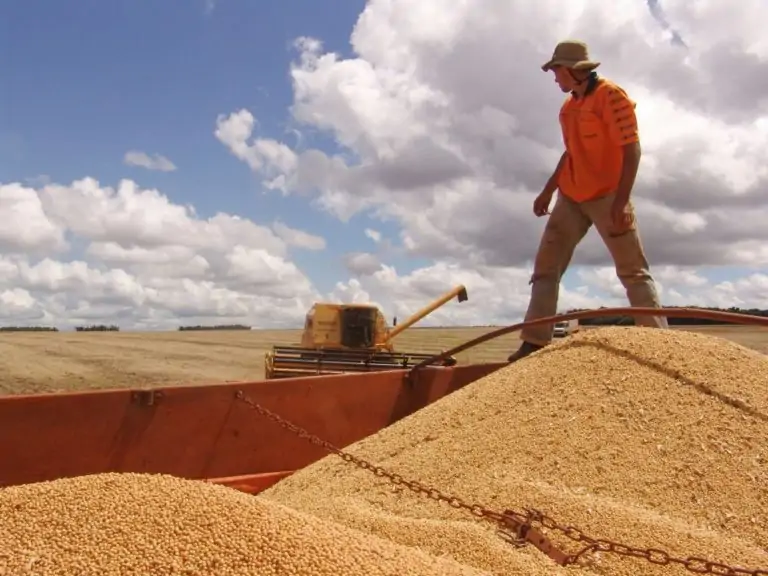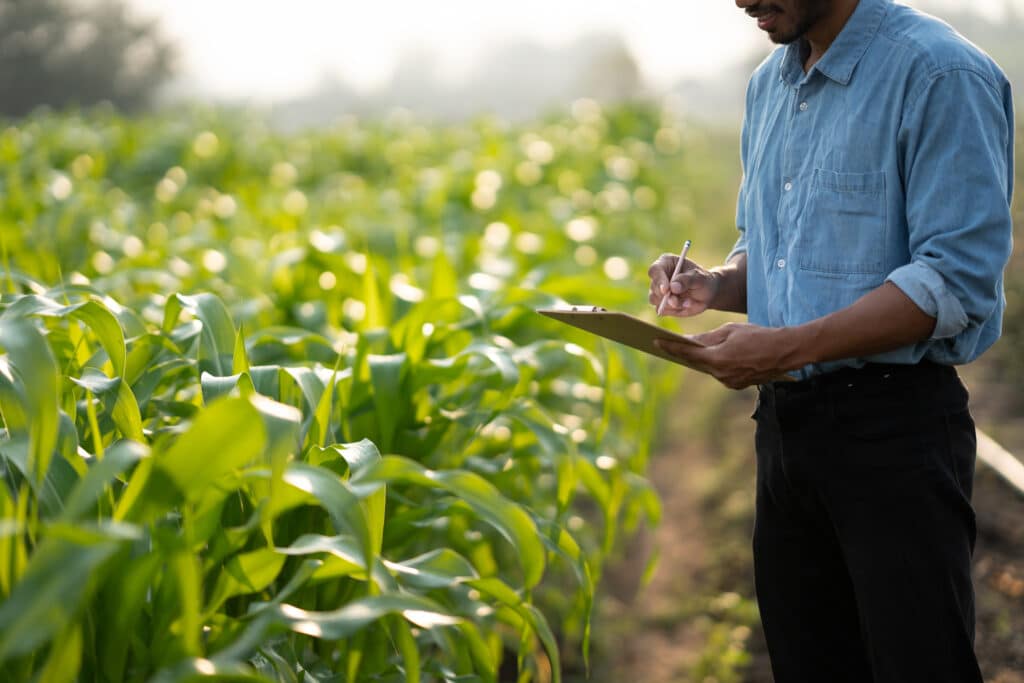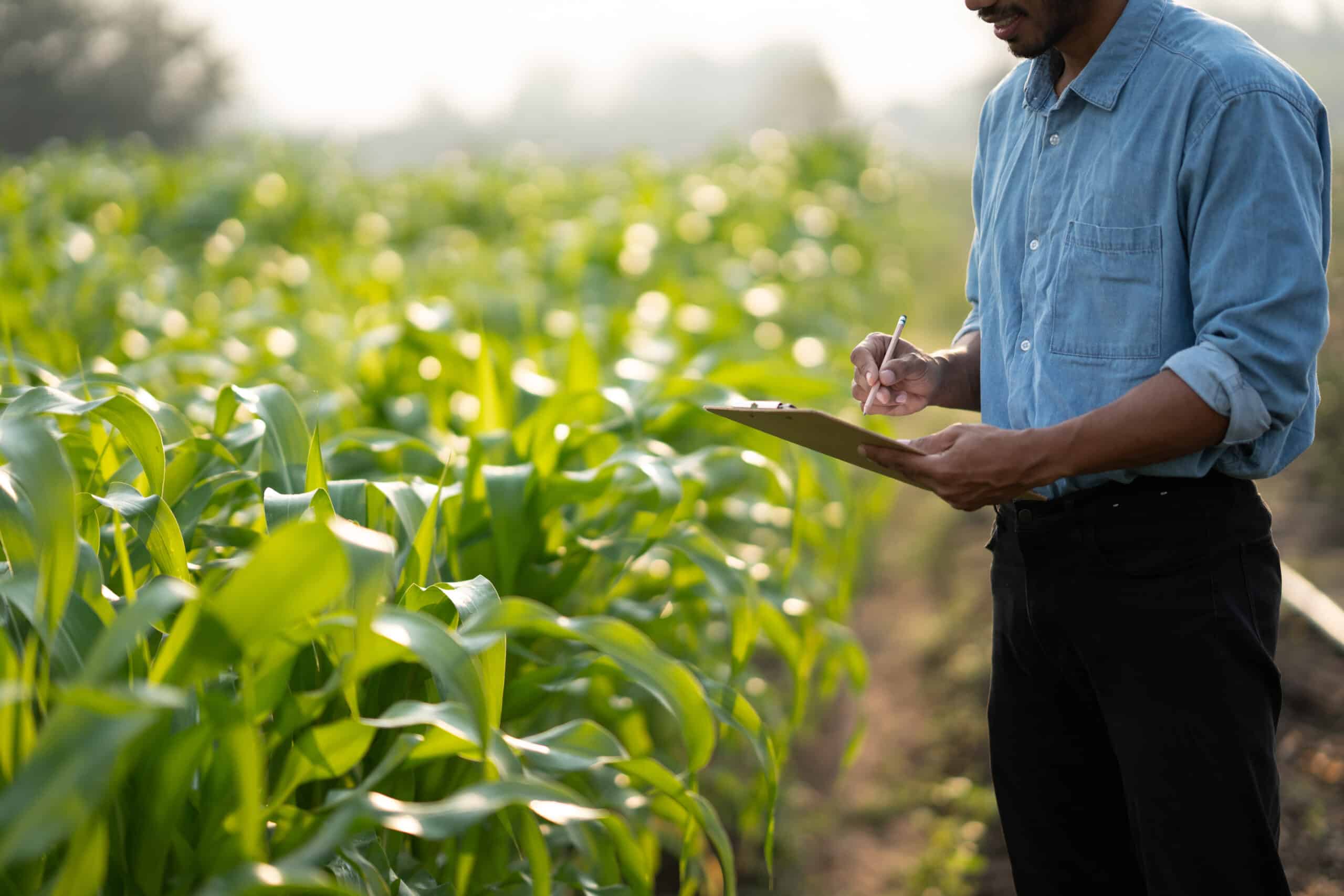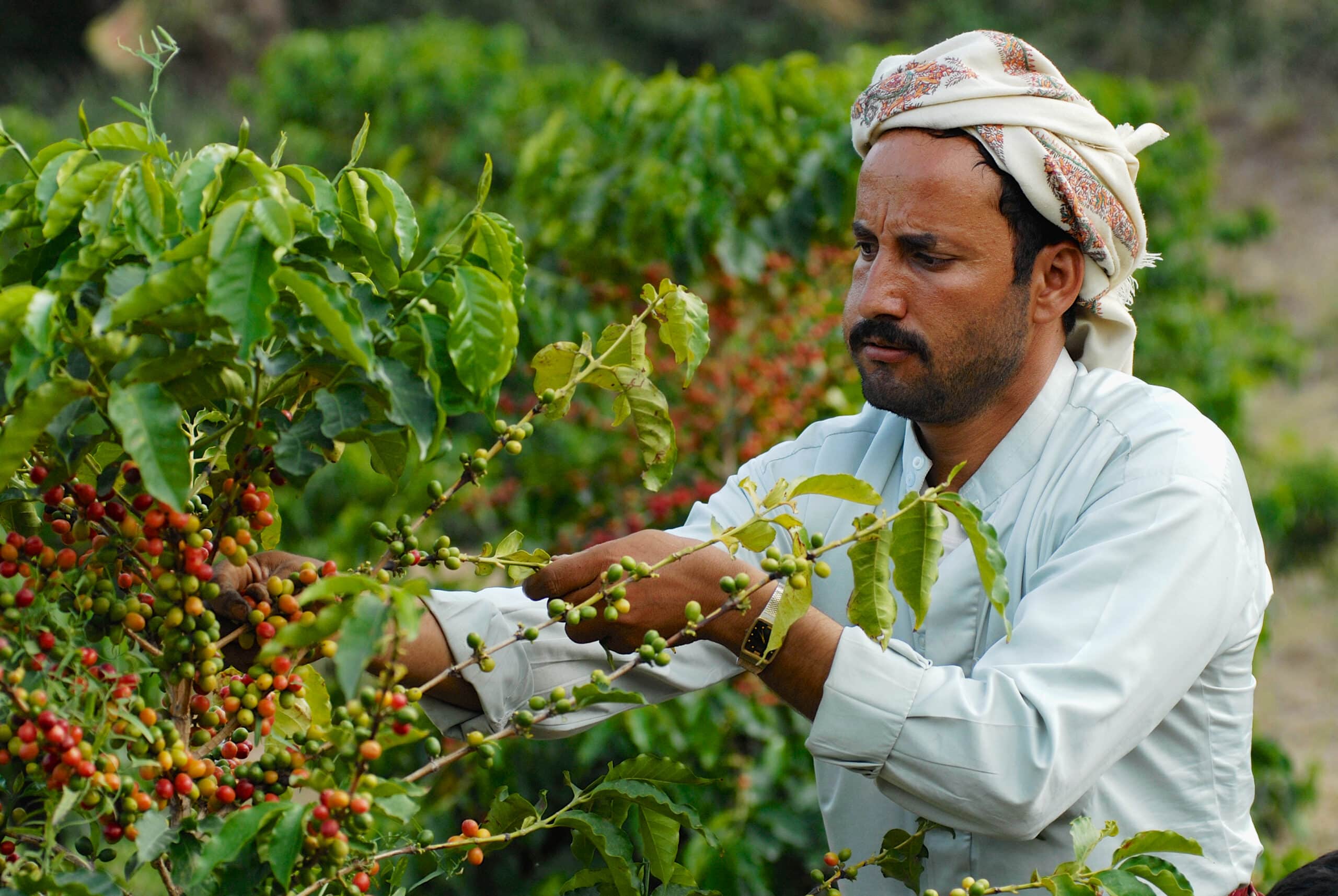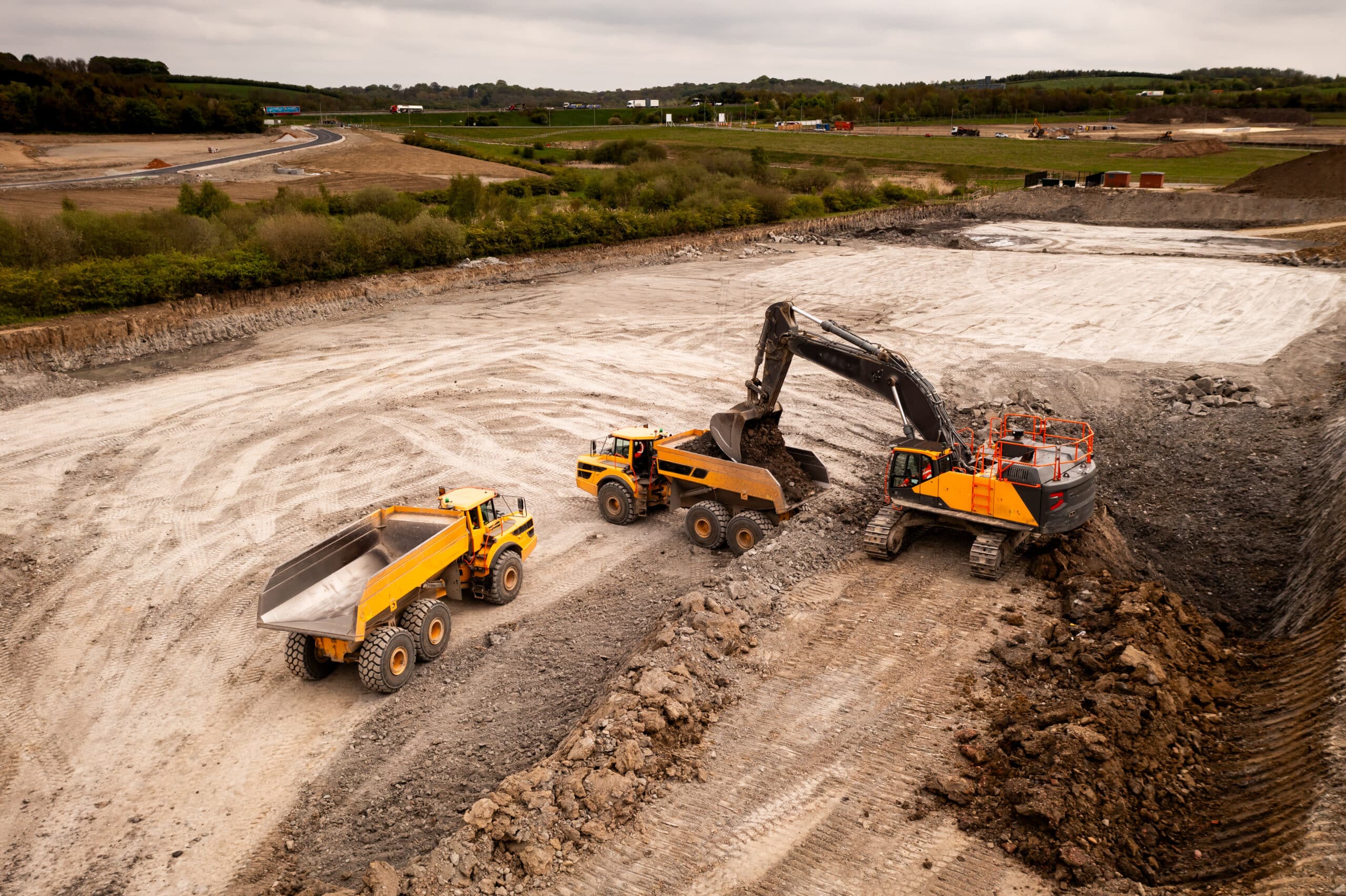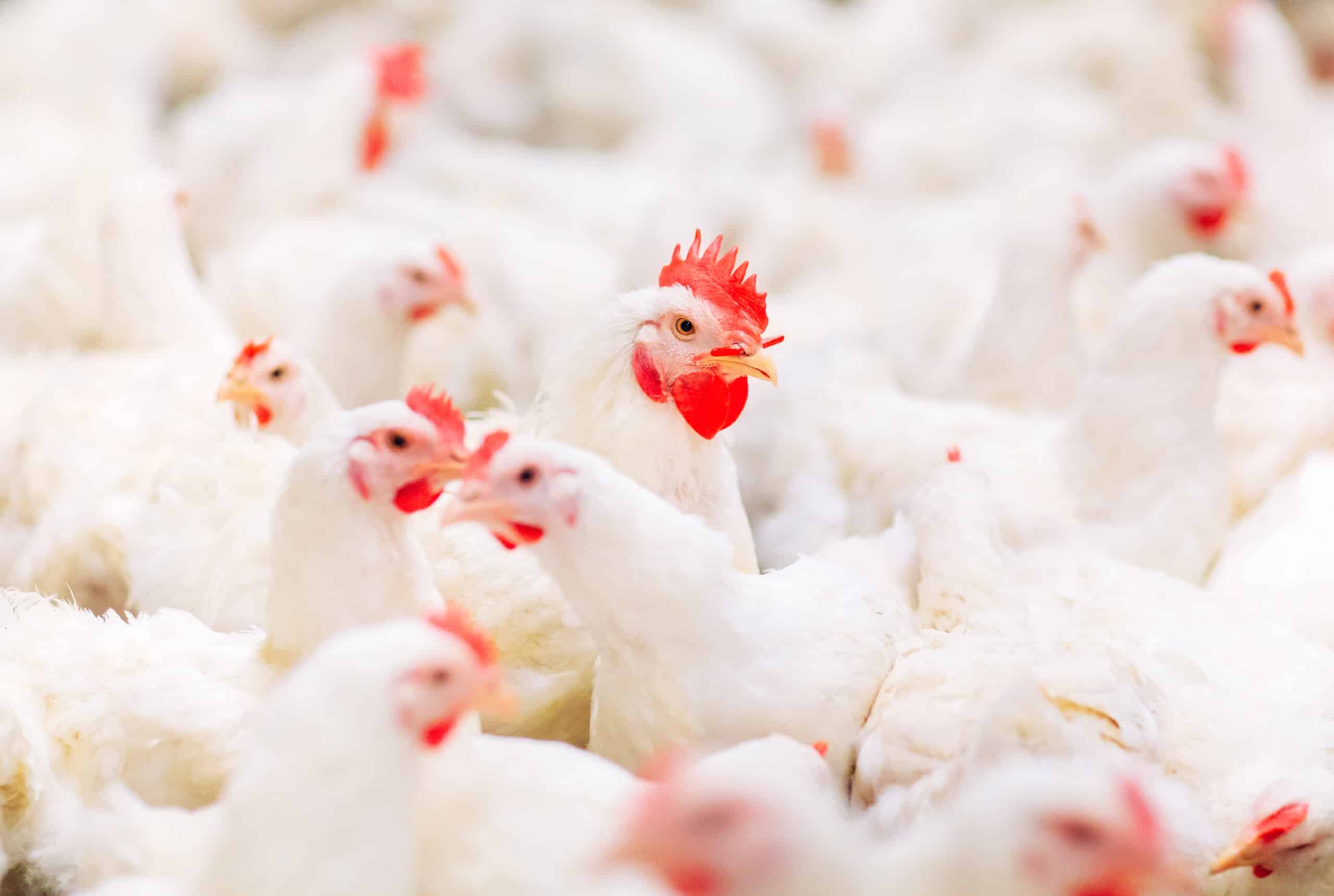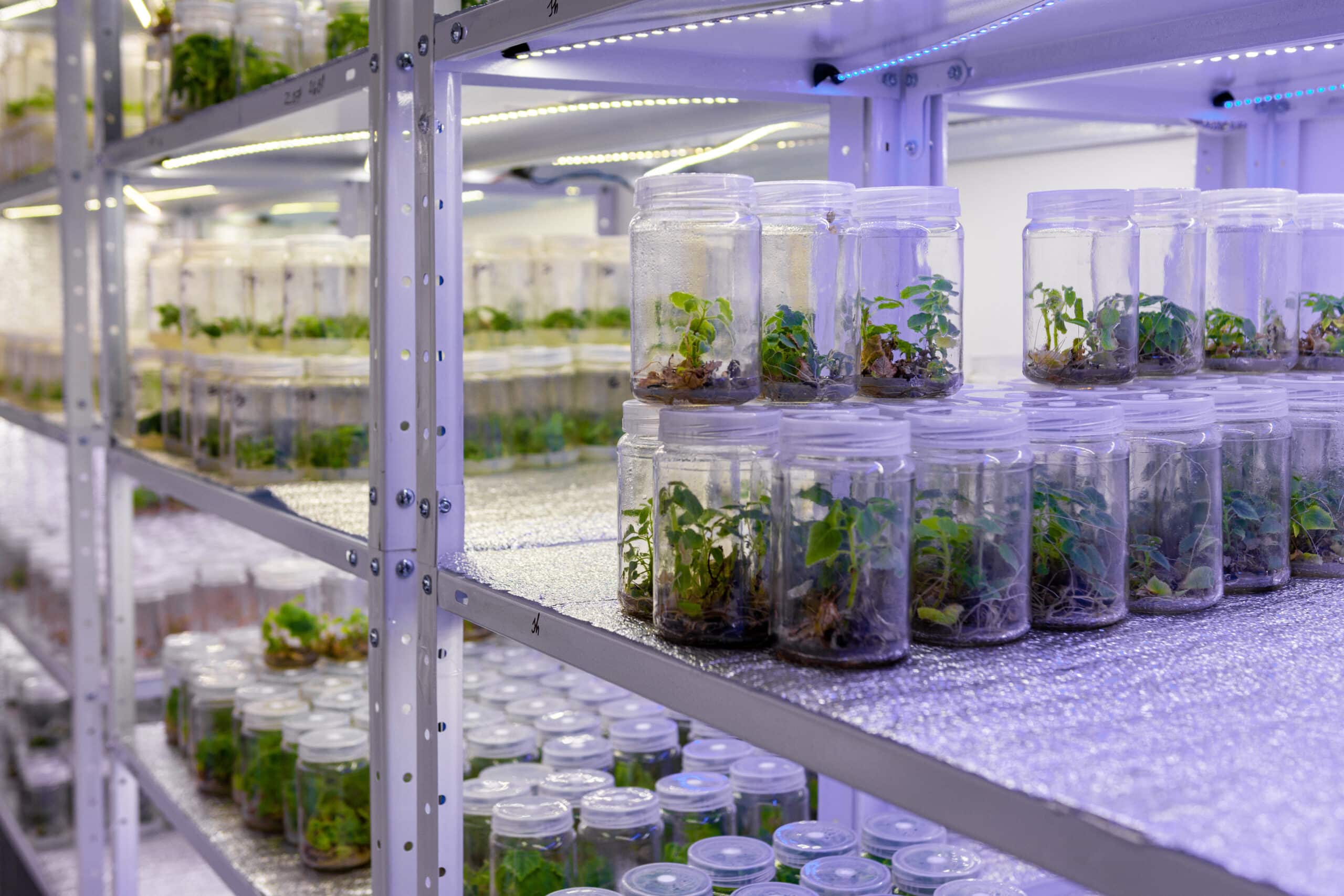The UK has historically promoted radical reforms of the Common Agricultural Policy (CAP), but has now left the EU. Will Brexit provide opportunity for the UK to develop more radical and greener farm policies? Will they work?
CAP subsidies, in the form of the CAP Basic and Greening Payments as well as agri-environment schemes, represent a large share of UK farmers’ income – on average 70% of the total income from farming for 2018 although that proportion differs by region and forms of farming.
However, DEFRA’s (Department of Environment Food and Rural Affairs) consultation document on the future of food and farming ‘Health and Harmony’ critically speaks of phasing out income support measures, putting at risk many farms dependent on subsidies.
However, farm policy is devolved so Westminster sets policy for England – leaving Wales, Scotland and Northern Ireland to develop their own.
The devolved governments are taking different approaches reflecting their different farming systems, topographies and climate.
In the coming years, the different administrations will implement transition periods whereby current direct farm payments arre phased out and new policies and support frameworks put in place.
England aiming for more productivity and less support
In England, there is a distinct emphasis on phasing out direct support with the aim of ensuring English farmers sustainably produce healthy food profitably without subsidy by 2028. The government plans to halve the £1.8 billion paid in direct farm payments by 2024.
The £900 million saved will go towards introducing an “environmental land management” (ELM) scheme which will reward farmers for sustainable farming practices, creating new habitats and even rewilding land.
There will also be funding for a farming investment fund, which will offer grants for equipment and technology such as robots and new infrastructure such as water storage on farms.
A resilience programme will help those most affected by the phasing out of direct payments to help farmers plan and manage their businesses, and there will be a consultation on lump sums for those who want to stop farming altogether.
DEFRA is looking to simplify rules relating to support. Farmers in England will no longer have to comply with complex rules around crop diversification, ecological focus areas and greening permanent grassland.
Known as the ‘three-crop rule’, the requirements mean farms with more than 10ha of arable land have to grow at least two crops, while at least three crops are required on farms with more than 30ha. Many felt these rules did not reflect the varying weather and farming systems found within the UK.
Northern Ireland – catering for smaller farms
Northern Ireland (NI) has many more smaller-scale farmers compared with the rest of the UK, with many unable to earn a full-time income. NI has an average of 41 hectares in size – almost twice as small as the UK’s 81-hectare average and has grazing livestock on 90% of farms.
In contrast to England, Northern Ireland plans to continue direct support payments at a reduced rate. Northern Ireland also announced ending the ‘three crop rule’ from 2021 seeing it as counterproductive as it has the effect of reducing the overall cropping area, and the overall diversity of the landscape.
Scotland – emphasis on crop production and environment
In Scotland the extension rearing of sheep and cattle is predominant. However, unlike in Wales and Northern Ireland, crop production is of significant importance, constituting around 10% of Scotland’s agricultural area, largely in the south and east.
The government aims to maintain food production whilst meeting climate and biodiversity goals. Scotland also aims to simplify the support system. As with Northern Ireland and England, the previous greening scheme’s three-crop rule has been scrapped and farm inspections reduced.
The Scottish Agri-Environment Climate Scheme (AECS) promotes land management practices that protect and enhance natural heritage, improves water quality, manages flood risk and mitigates and adapts to climate changes.
Wales – a sustainability focus
The Welsh government intend to pursue the objective of sustainable land management with farms producing both food and public goods in a system which enhances the well-being of farmers and the general public.
The proposals include a farm sustainability scheme to provide income to farmers in return for delivering sustainable land management outcomes, such as water quality, biodiversity and animal health alongside sustainable food production.
The intention is for a more targeted approach focusing on outcomes less restrictive than previous agri-environment schemes. It is hoped to have the reforms in place and operating by 2025.
To be successful agri-environmental schemes need to be tailored to the specific needs of each nation. In England, there is greater emphasis on productivity with reduced support, but the other nations aim to maintain support for social reasons with farmers paid for the provision of public goods.
However, all aim for a common goal of a more sustainable and greener farming and food system, with ultimate outcomes depending on the uptake and response of farmers.
Farrelly Mitchell: UK farming consultants
Farrelly Mitchell aids policymakers in crafting agrifood policies that embrace sustainability and innovation, guiding the transition towards greener farming practices across the UK and the broader global agrifood industry. To build a more sustainable and resilient future for the food and agricultural industry, contact Farrelly Mitchell today.

